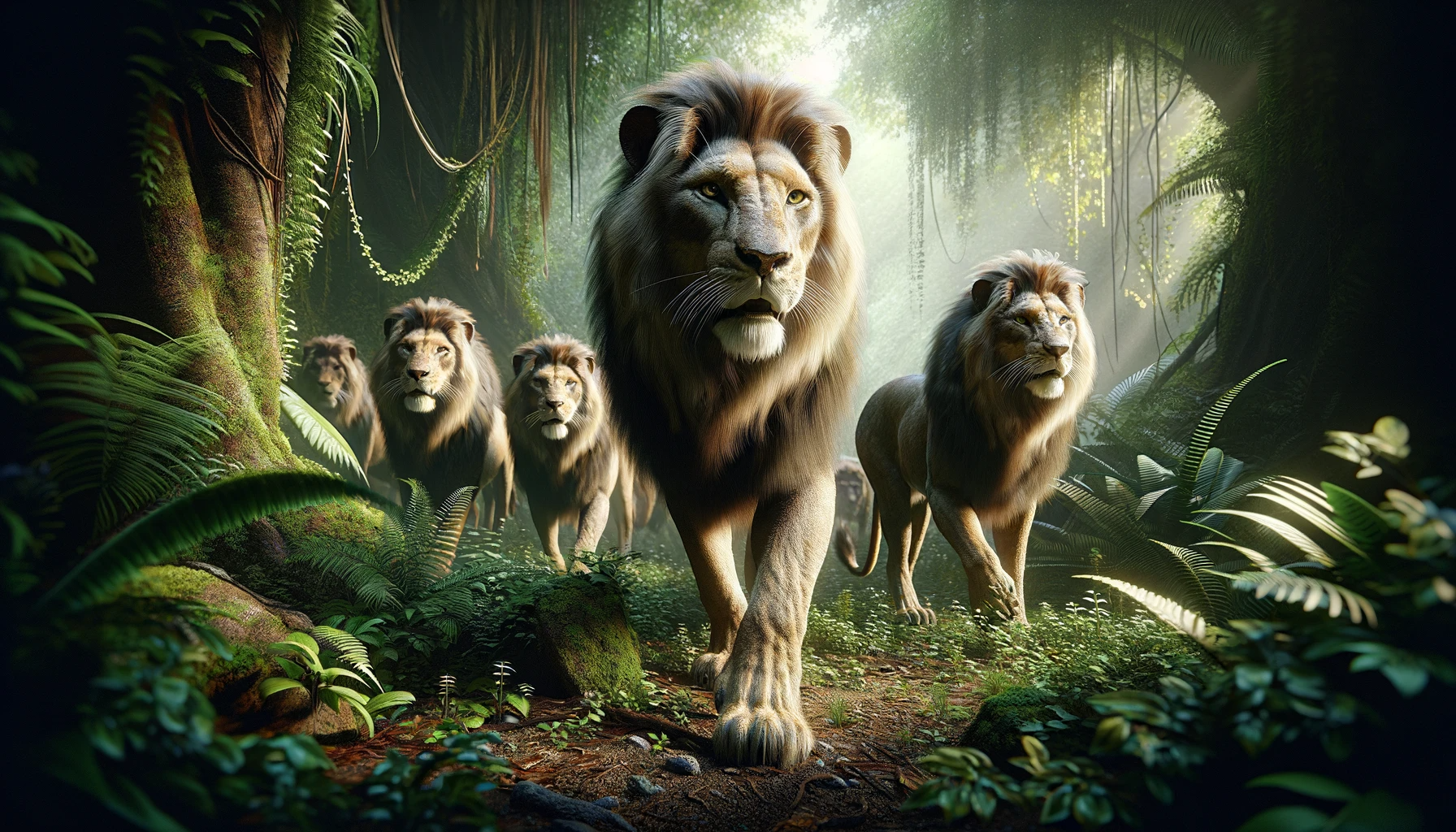Researchers discovered that a species of invasive ant in the Kenyan savanna caused such a drastic transformation of the landscape that even lions changed their diet and way of hunting, according to a study published by the journal Science.
The research highlights the profound impacts of invasive species on ecosystems, which are spreading at an increasing rate as human activities give animals, insects and plants the opportunity to enter new territories.
“We often find that it’s the little things that rule the world,” says Todd Palmer, an ecologist at the University of Florida, who tracked the implications of the big-headed ant on the hunting habits of lions in Kenya.
“These tiny invasive ants appeared about 15 years ago, and none of us noticed, as they are not aggressive towards large creatures, including people. “Now we see that they are transforming landscapes in a very subtle way, but with devastating effects,” he adds.
Invasive ant kills local ant
It all starts with the whistling acacias (Acacia drepanolobium) of the Laikipia plains. These thorn trees had developed a mutually beneficial relationship with the local acacia ant; The trees provide shelter and food for the ants and, in return, they discourage elephants from eating from the tree with their stinging bites.
However, the big-headed ant, believed to be native to an Indian Ocean island, changed all that when they began killing acacia ants, leaving thorn trees vulnerable to herbivores.
Less vegetation, more difficult to hunt zebras
Declining tree cover poses a problem for lions, which rely on surprise to ambush their prey, especially zebras.
Researchers spent three years in Kenya’s Ol Pejeta reserve, tracking the movements of lions with GPS collars to see how they responded in areas colonized by invasive ants.
In this way, scientists documented that the effects caused by big-headed ants had generated a significant decline in the death of zebras.
Adaptation of the lion to hunt
However, the researchers were surprised to find that this did not cause a decline in the lion population. Instead, the big cats changed their eating strategy and preference: they grouped together in larger groups to hunt buffalo, explains Douglas Kamaru of the University of Wyoming and lead author of the study.
Although lions have adapted so far, big-headed ants could pose a problem for other species that depend on whistling acacia, such as giraffes or the critically endangered black rhinoceros.
“We still don’t know what could result from this profound change in lion hunting strategy,” Palmer reflects.
Keep reading:
· “Ghostly shipwreck”: Mysterious ship appears on the coast of Newfoundland, Canada [Video]
· Manatees discovered in an underwater cave system in Mexico
· Brazilian woman is arrested for smuggling 130 poisonous frogs into Colombia
